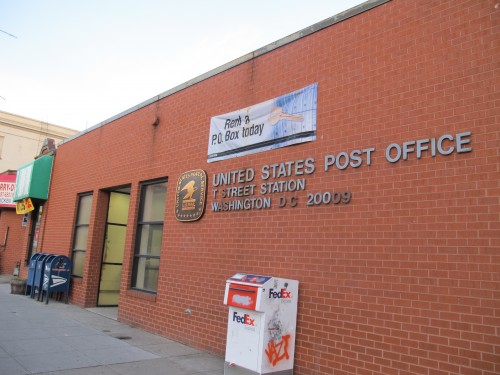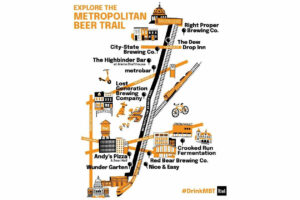
This column is written and sponsored by Alan Lescht and Associates, PC, an employment litigation firm in Washington, DC, that handles cases involving contract disputes, wage and hour issues, discrimination and retaliation, wrongful termination, whistleblower retaliation and security clearances.
Last week, a federal court ruled that employers must compensate hourly employees for rest breaks under 20 minutes.[1]
Progressive Business Publications used to give hourly employees two paid 15-minute breaks per day. However, in 2009, Progressive stopped paying employees for breaks. Instead, the company created a “flex-time” policy that allowed employees to log off their computers at any time. However, if the employee logged off for more than 90 seconds, he didn’t get paid. For example, employees weren’t paid for the time it took them to take a bathroom break.
The court said the company’s policy was “absolutely contrary” to the Fair Labor Standards Act (FLSA) because it “forces employees to choose between such basic necessities as going to the bathroom or getting paid.”
The court noted that if employees can take a bathroom break and get back to their desks in 90 seconds, they should be playing professional sports or advertising athletic footwear, instead of working for Progressive. Citing to Harry Potter in a footnote, the court doubted that an employee could manage such a feat even if they had access to a Portkey.
Am I entitled to take breaks?
The FLSA protects employees in every state, but it doesn’t require employers to provide meal or rest breaks. However, certain states have their own laws about employee breaks.
For example, under Maryland’s Shift Break law, retail employers must provide 15-minute breaks to employees who work four to six consecutive hours, and 30-minute breaks to those who work more than six consecutive hours.
There aren’t any additional state-level protections for Virginia and DC employees, but the FLSA still requires some paid breaks.
Should I be paid for my breaks?
Many employers give their employees meal and rest breaks to keep them comfortable and happy at work. However, depending on how long your shift is, federal law requires employers to pay hourly employees for short breaks that last between five and 20 minutes. This time is considered part of the work day.
Your employer is not required to pay for meal breaks when you are not performing any work duties. Meal breaks generally last 30 minutes, but shorter breaks may also qualify.
What if I have to work through my break?
Hourly employees must be paid for the time they spend performing work. This includes time you spend working during a meal break. Say that your employer gives you an unpaid, 60-minute meal break. However, you have to work through the first 30 minutes of the break in order to finish your job duties. Your employer should pay you for the 30-minute period you were doing work.
Do you need assistance with a wage or work hour claim?
If you have questions about unpaid breaks and wages, Alan Lescht and Associates is here to help. To learn more about your rights, call us at (202) 463-6036, send us an email, or visit our website and blog. Our 13 attorneys have vast experience in all areas of employment law. Super Lawyers, Washingtonian, Newsweek, AVVO, and others have recognized us as a leading employment firm in DC.
[1] Secretary U.S. Department of Labor v. American Future Systems Inc. et al., No. 16-2685 (3d Cir. 2017).
Recent Stories

For many remote workers, a messy home is distracting.
You’re getting pulled into meetings, and your unread emails keep ticking up. But you can’t focus because pet hair tumbleweeds keep floating across the floor, your desk has a fine layer of dust and you keep your video off in meetings so no one sees the chaos behind you.
It’s no secret a dirty home is distracting and even adds stress to your life. And who has the energy to clean after work? That’s why it’s smart to enlist the help of professionals, like Well-Paid Maids.

Unlock Peace of Mind for Your Family! Join our FREE Estate Planning Webinar for Parents.
🗓️ Date: April 25, 2024
🕗 Time: 8:00 p.m.
Metropolitan Beer Trail Passport
The Metropolitan Beer Trail free passport links 11 of Washington, DC’s most popular local craft breweries and bars. Starting on April 27 – December 31, 2024, Metropolitan Beer Trail passport holders will earn 100 points when checking in at the
DC Day of Archaeology Festival
The annual DC Day of Archaeology Festival gathers archaeologists from Washington, DC, Maryland, and Virginia together to talk about our local history and heritage. Talk to archaeologists in person and learn more about archaeological science and the past of our







